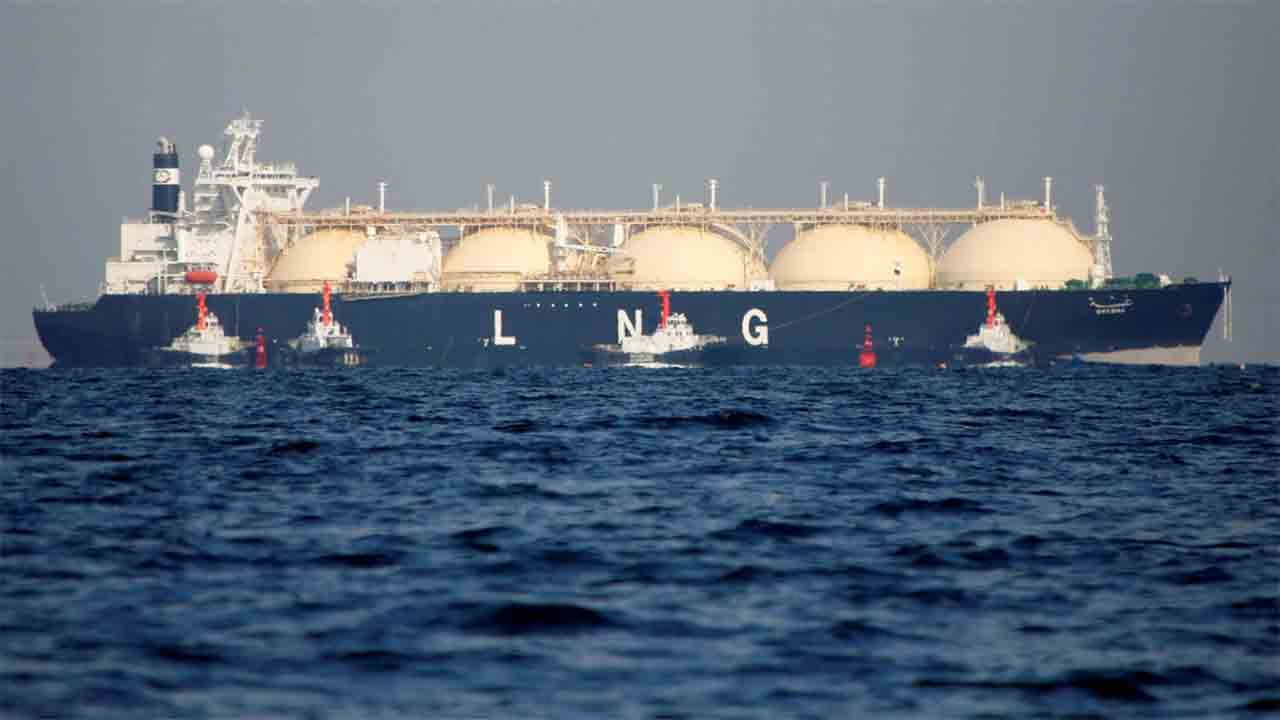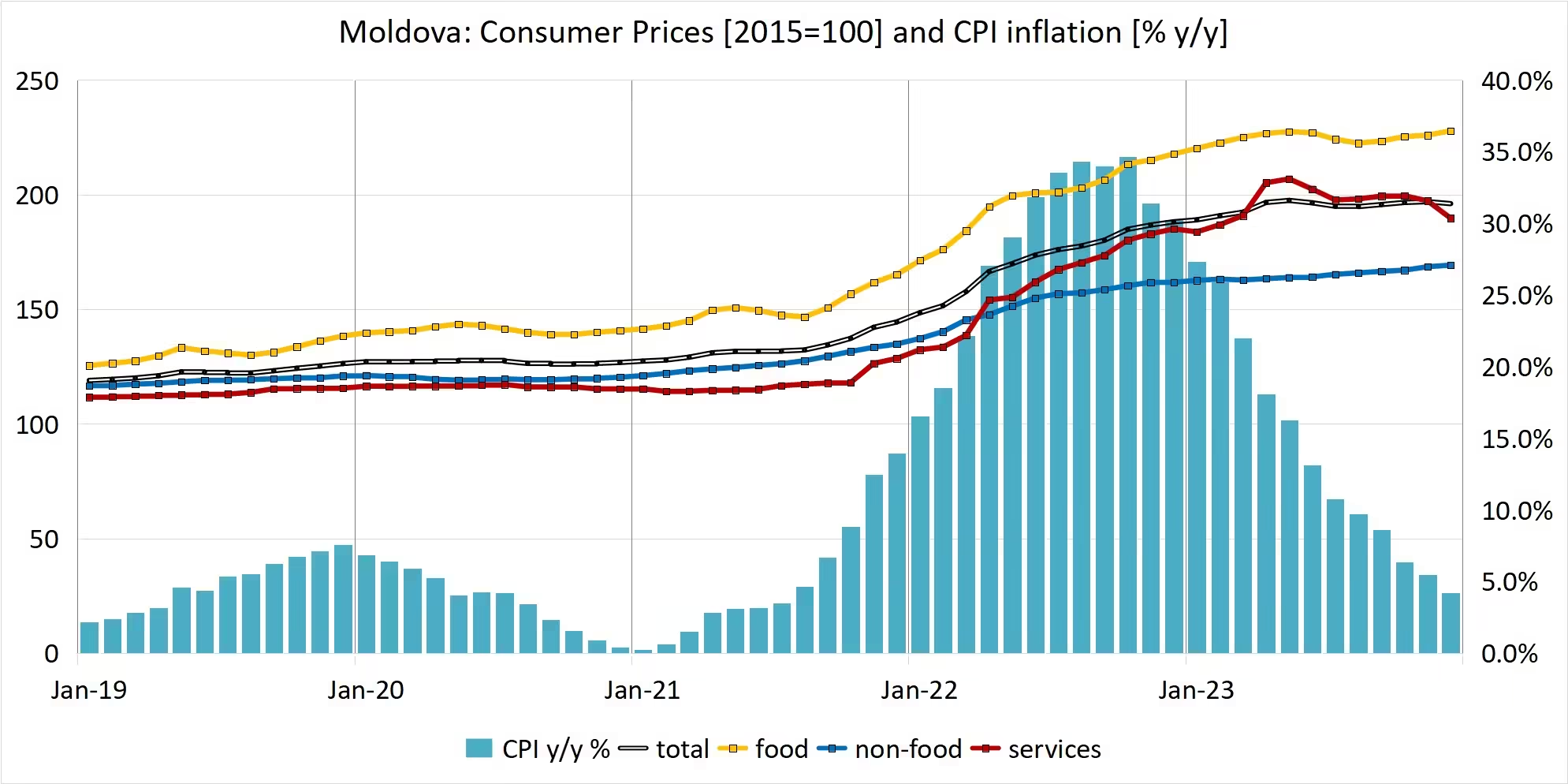Amid growing concerns over the country’s energy policies, the Petroleum Division sources have revealed that Pakistan LNG Limited (PLL), tasked with gas procurement, has called an emergency meeting to evaluate the current gas supply and demand situation. The meeting, held against the backdrop of a surprising gas surplus in the system, has raised questions about the government’s recent energy decisions.
The Gas Surplus and Delayed LNG Imports
Pakistan currently finds itself in an unusual situation—a gas glut. The decreased demand for electricity has led to an oversupply of gas, prompting the government to delay the import of cheap liquefied natural gas (LNG) from Qatar until 2026. This decision, coupled with instructions for local producers to scale back their supply, has puzzled many observers in government circles.
A source within PLL confirmed that the board is scheduled to meet again on Monday to deliberate on a potentially critical development: Azerbaijan’s offer to supply LNG to Pakistan. The urgency of these back-to-back meetings underscores the complexity of the energy challenges facing the country.
Questions Over Local Production Cuts
A key point of contention is the government’s simultaneous moves to reduce local gas production while contemplating the import of more expensive LNG. This dual approach has drawn criticism from industry experts and stakeholders.
A PLL board member, expressing reservations, stated, “It is perplexing why local production is being curtailed when the country is already dealing with an oversupply. Importing costly LNG under these circumstances warrants an explanation.”
This sentiment echoes broader concerns about the prioritization of imports over local production, especially when domestic gas resources could be utilized more efficiently to address the surplus.
Azerbaijan’s LNG Offer: A Strategic Opportunity?
The upcoming PLL board meeting will focus on approving Azerbaijan’s offer, a move that could reshape Pakistan’s LNG procurement strategy. While details of the offer remain undisclosed, industry insiders speculate that Azerbaijan’s proposal may include flexible terms or competitive pricing, which could be attractive given Pakistan’s current energy landscape.
However, critics argue that importing LNG, regardless of its terms, may not be prudent during a gas glut. Instead, the focus should be on optimizing local production and addressing the structural inefficiencies in the energy sector.
Delayed Qatari LNG and Its Implications
The postponement of cheap LNG imports from Qatar until 2026 is another contentious issue. The long-term agreement with Qatar was expected to provide Pakistan with a stable and cost-effective gas supply. Delaying its delivery raises questions about the government’s foresight and planning.
The rationale for the delay, attributed to the current gas surplus, has been met with skepticism. Some experts believe that maintaining the Qatari deal could have provided a buffer against future supply disruptions or price volatility in the global LNG market.
Balancing Supply and Demand
The current gas surplus highlights the need for a more nuanced approach to energy management. Balancing supply and demand is crucial to avoid wastage and ensure affordability for consumers.
Reducing local production while considering expensive imports risks not only financial inefficiencies but also undermines the potential of Pakistan’s domestic energy sector. Policymakers must weigh these factors carefully to develop a sustainable energy strategy.
Industry and Public Reactions
The developments have sparked significant debate among industry stakeholders and the public. Critics have questioned the lack of transparency in decision-making and called for a clearer explanation of the government’s energy policies.
Energy experts emphasize the importance of long-term planning and diversification in addressing Pakistan’s energy needs. They warn that ad-hoc decisions, such as abrupt production cuts or unplanned imports, could have lasting negative impacts on the economy.
The Way Forward
Pakistan’s energy challenges demand a coordinated and transparent approach. To address the current gas glut and avoid similar situations in the future, the following steps are essential:
- Optimize Local Production: Leveraging domestic gas resources should be a priority to reduce reliance on expensive imports.
- Strategic LNG Procurement: Future LNG deals should align with the country’s actual demand and include provisions for flexibility.
- Enhanced Storage and Distribution: Investing in storage infrastructure can help manage supply fluctuations and avoid wastage.
- Policy Transparency: Clear communication and stakeholder involvement in energy decisions can build public trust and ensure accountability.
The emergency meeting called by Pakistan LNG Limited has brought the country’s energy policies under scrutiny. With a gas surplus in the system, decisions to delay cheap LNG imports, reduce local production, and consider new imports have sparked controversy.
Moving forward, Pakistan must adopt a balanced and transparent energy strategy that prioritizes sustainability, affordability, and long-term planning. The current situation offers an opportunity to reassess and realign policies to meet the country’s evolving energy needs effectively.



